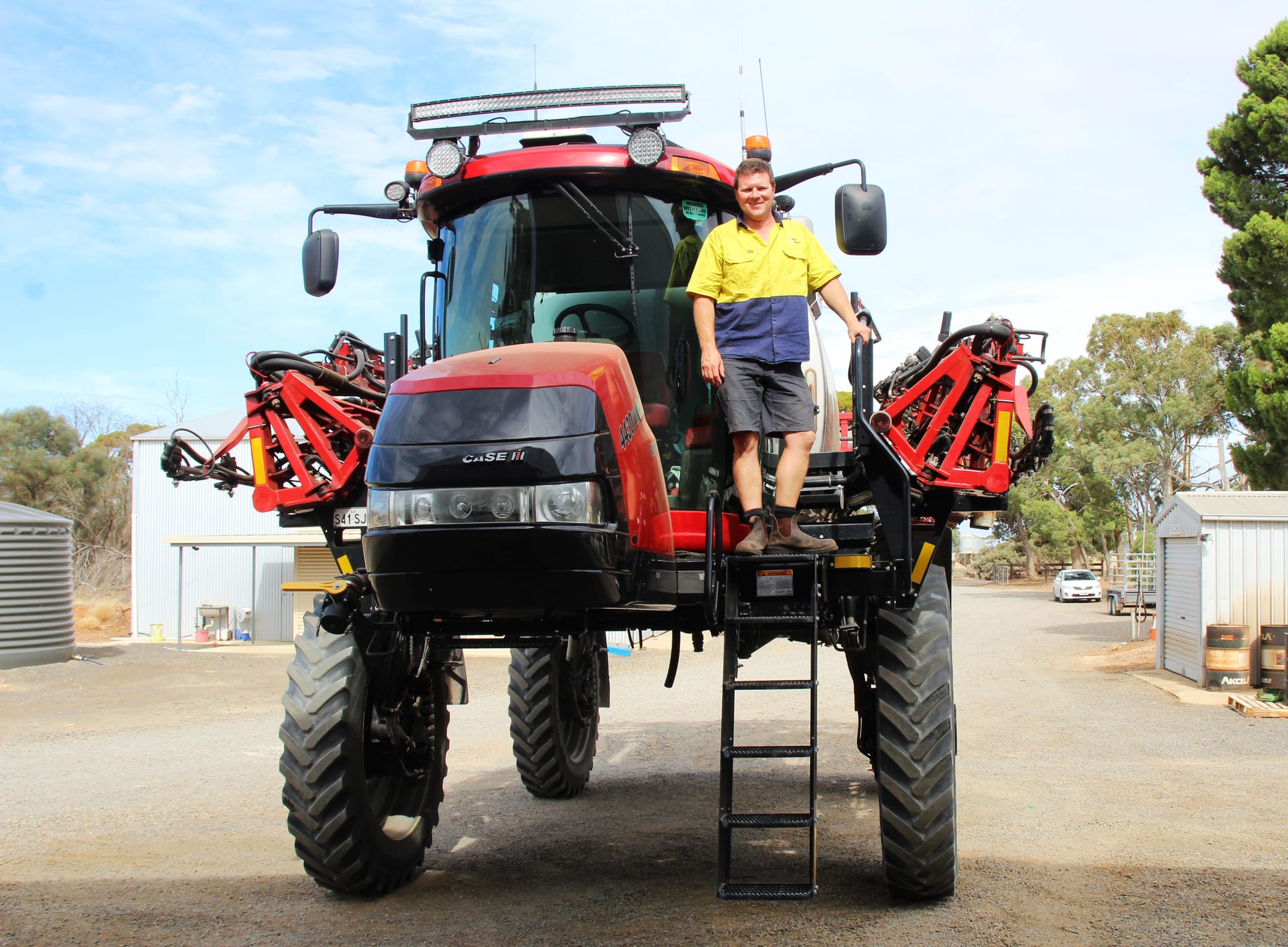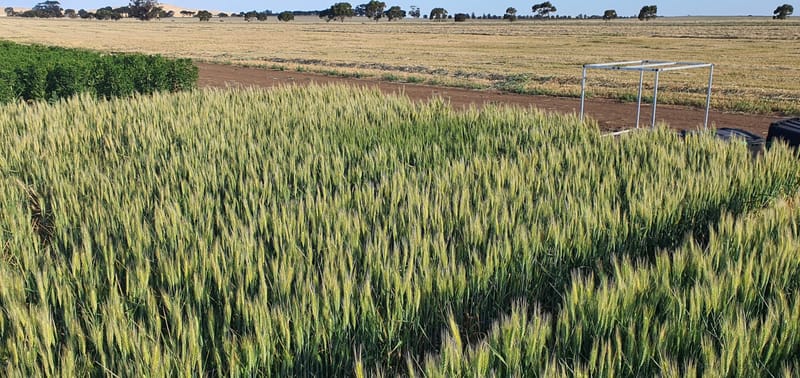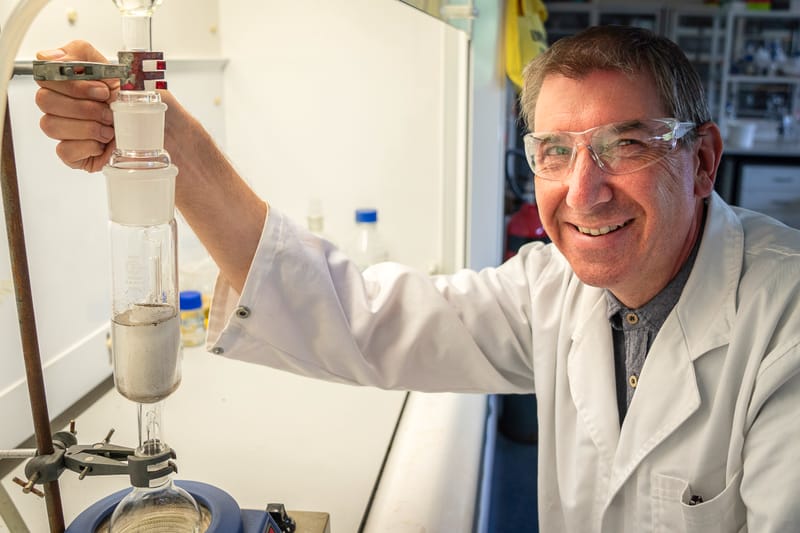Krieg family legacy is in Plains sight
JOSH Krieg of Pine Plains always knew he wanted to be a farmer. His father was one, as was his grandfather and great-grandfather, making Mr Krieg the fourth generation of his family to work on the Kangaroo Flat venture, near Roseworthy, north of...






